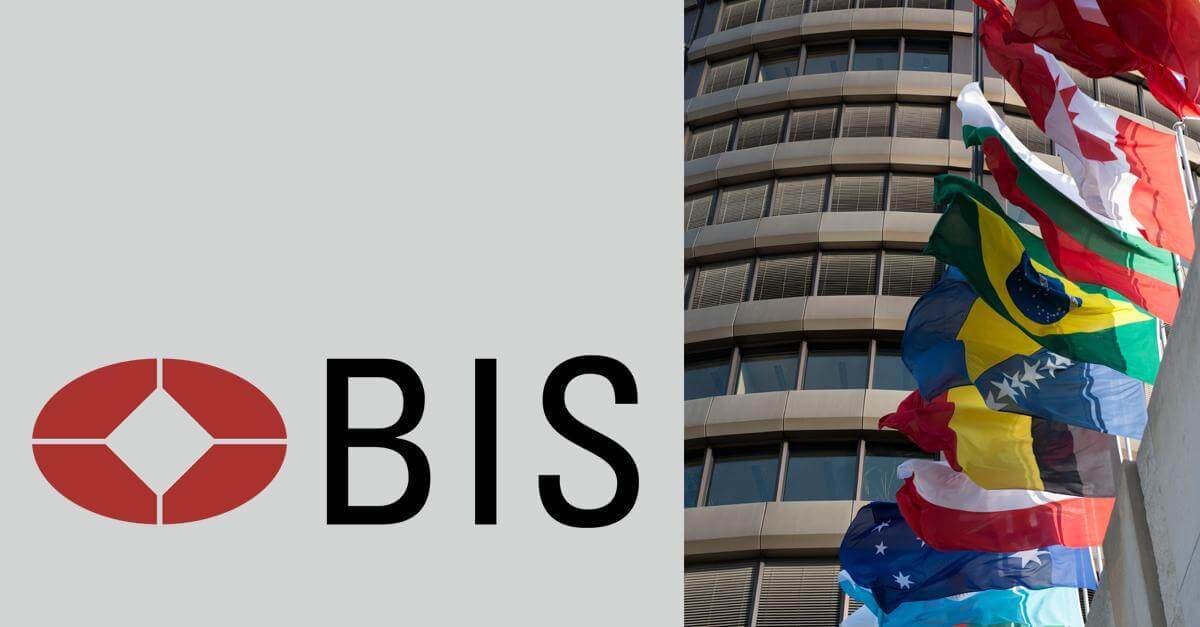 Global Banking Standard Setter Admits Bitcoin and Crypto are a Risk to Banks
Global Banking Standard Setter Admits Bitcoin and Crypto are a Risk to Banks Global Banking Standard Setter Admits Bitcoin and Crypto are a Risk to Banks

Cover art/illustration via CryptoSlate. Image includes combined content which may include AI-generated content.
A group of international banking authorities, the Basel Committee on Banking Supervision, which is part of the Bank of International Settlements (BIS), has issued a statement on the current situation of the cryptocurrency market. BIS believes that cryptocurrencies are an unsafe medium of exchange and store of value and has warned that they pose a number of risks to banks and financial institutions.
BIS Issues a Statement Warning About the Dangers of Cryptocurrencies
Despite the fact that cryptocurrencies have become more commonplace over the years, the attitude major financial institutions have towards the industry is mixed. And while some investment funds and stock exchanges have been quick to adopt the new technology, banks seemed wary of digital assets.
Now, it seems that the attitude towards cryptocurrencies isn’t getting any warmer, as one of the biggest and most powerful banking authorities in the world has issued a statement on the matter, warning about the risks currencies—such as Bitcoin—pose to the financial market.

The Basel Committee on Banking Supervision published a document on Mar. 13th, outlining its views on the booming industry. The committee highlighted several ways in which cryptocurrencies pose risks to the stability of global financial markets.
The newsletter, however, noted that the crypto-asset market is small relative to that of the global financial system, adding that most banks currently have very limited exposures to the market.
Crypto Adoption a Major Concern, Strict Guidelines for Banks Needed
According to the document, banks do not view cryptocurrencies as a legal tender and considers them an immature asset class given the lack of standardization and constant evolution. Banks should be “wary of the dangers” that come with cryptocurrencies, as they could have a negative effect on the bank’s liquidity, credit, operations, money laundering, and terrorist prevention measures, as well as its legal status and reputation.
BIS believes that a “clear and robust” risk management needs to be implemented in banks in order to deal with the “high degree” risks it described.
“A bank’s risk management framework for crypto-assets should be fully integrated into the overall risk management processes, including those related to anti-money laundering and combating the financing of terrorism and the evasion of sanctions, and heightened fraud monitoring,” BIS said in the report.
The bank’s skeptical attitude towards cryptocurrencies doesn’t stop there. BIS stated that any bank that has or plans on having exposure to digital assets should inform relevant supervisory bodies. Apart from disclosing any current or planned assets, banks should also present the authorities with an assurance that it has assessed and mitigated the risks connected with owning crypto.
And while the general guidelines presented in the document are rather vague, the committee said that it was actively working with other global standard-setting bodies, as well as the Financial Stability Board (FSB) to clarify its position on cryptocurrencies.











































































































